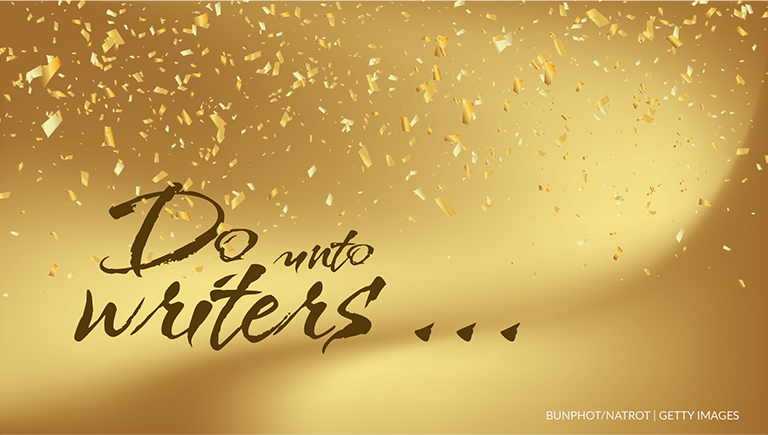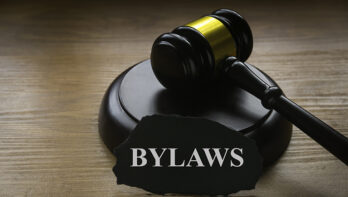
By Akosua Frempong
Great editors have great respect for their freelance writers. They value them, recognizing what they have to offer. Even when things don’t work out, these editors have a way of telling the writers that doesn’t hurt their feelings.
I would like to focus on other editors, those who need a bit of work in this area. They are the ones who need to write back to freelance writers who have submitted work. We need to hear a response! If we don’t, you’re holding us back from submitting our work elsewhere on time (and getting paid), which isn’t fair.
Editors who respond promptly (even if they’re not going to accept the pitch) always find favor in my eyes. Their actions show respect and give the writer a clue that they would like to work together in the future, even if they can’t accept the pitch today. By replying and treating the writer in this way, an editor keeps the door open for potentially successful pitches in the future.
It’s also always helpful when editors are clear in their expectations when giving an assignment. If an editor is clear about what he wants in a piece, a writer can be clear, too. The lack of such clarity creates confusion for the writer—“what is the editor looking for?”—and that could cause frustration for both.
During the editing stage, amid all the criticism of what a writer could have made better, writers appreciate receiving encouragement, compliments or praise that also highlight their strengths.
Additionally, it’s courteous and beneficial when the writer knows about the other editors who will work on a piece. A little introduction is helpful if they’re going to touch the work of the writer.
It’s also helpful when editors show the final, edited copy to the writer. Many writers have stories about seeing their published pieces riddled with mistakes that weren’t in their original copy.
Don’t change everything
There are also those editors who change everything you write. (I hear you, fellow freelancers!) Please, editors, don’t do that. Your freelance writer has spent time writing a piece you assigned. Changing everything he writes is, really, not respectful. Also, when you change everything, the writer loses his voice in the article, which shouldn’t be. For instance, if you say things in a way that the writer would never say, both his voice and message are lost. This is one of the biggest mistakes an editor can make in a relationship with a writer.
This mistake can lead to another, one that can negatively affect the credibility and reputation of the writer. When a writer says that the edited copy is wrong or inaccurate (because that was not the story and the writer never wrote it in the first place), or that an editor added material based on a mistaken assumption, please, don’t refuse to change that section. After all, it’s the writer’s name on it, and the inaccurate text could negatively affect her reputation, which she has carefully built and deeply cares about. It’s also dishonest to the reader: You’re saying the writer wrote something she never wrote.
It always works much better when the editor lightly edits the work in a way that preserves the authentic, unique voice of the writer as the sole or principal author of the piece.
Be kind
Not only in preserving the message and voice of the freelancer, but also in how you treat him in your interactions. (You never know when you’ll bump into that same freelancer at a professional event.)
Pay well and pay early
Freelance writers love it when editors pay promptly for their hard work! Not only does this show regard for their hard work, it’s also a sign of professionalism and the seriousness of the publication.
But there’s also a problem when there’s little pay for a disproportionate amount of work. The truth is, as freelance writers, we always want to give our best. Most of us, if not all of us, believe in excellence. However, editors need to be mindful that freelancers also work with time in mind. So, if you’re assigning work to the writer, and you know you’re paying far less than the writer would have gotten elsewhere, you should be considerate of that and not expect what is beyond reasonable. Surely, expect the best and encourage excellence. However, know the limit, too: Know how much is too much.
In a nutshell, as an editor, you should always treat freelance writers as you would like to be treated (Matthew 7:12). That’s, of course, the golden rule—and yes, it’s still golden. Priceless.
This article first appeared in the Christian Freelance Writers Network blog.
Akosua Frempong, Ph.D. is a freelance journalist with the EPA and the ACES: The Society for Editing. She has an editing certificate from Poynter-ACES. She is an adjunct journalism professor at Regent University in Virginia and founder of Listening Ear Communications. She is a previous winner of the Jerry Jenkins Scholarship. Learn more at listeningear communications.com.
Posted Sept. 9, 2025





